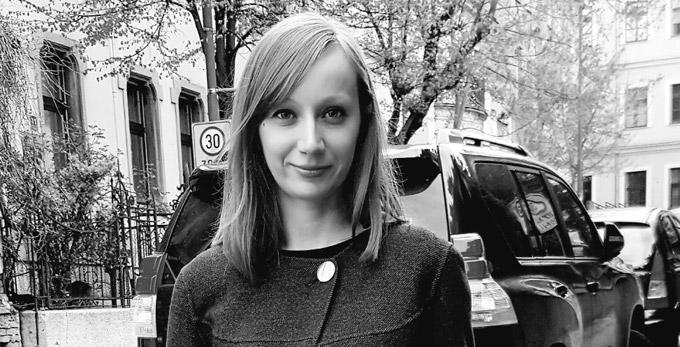You know how we always repeat why memories are important and what matters is what we remember about the past? Especially the way memories are transferred and what is ‘saved’ in the collective memory of society. What we remember determines the present and what we are as members of a certain group, collective, community. Our memories are woven into our identities, our identities color where and how we live, how we feel and not least – who the Others are in relation to us.
In a recent attempt to explain the consequences of the war of 1990s, today I realized how much of it is "implied" so that it does not have to be discussed, much less allow different memories or experiences. Depending on where you ask, but each ‘side’ has exactly the right answers as to who the attacker was, why the war happened, who is to blame, and without hesitation – who was the victim. And on each side, these precise narratives are ethnically colored. When you put them all together, they will separate all the victims into their ethnic or religious assemblies, invisible membranes will separate them as water and oil separate when you mix them. The victims are not unless they are ours, that is, no one suffered as much as we did. And ‘we’ are a collectivity whose identity is determined by war, memory and trauma. On all sides. Without forced reciprocity to be politically correct, but by looking at the truth we need. The victim is any individual, regardless of number, nationality, ethnicity or religion. Survivors are those who have to find a way to live with the victims and what the war has left behind.
While we are still counting, and imprinting memories as a pledge on the future, what remains of us is what we forget. Memory and oblivion are two sides of the same coin, as Maria Todorova states, holes in memory are constructed with as much effort as memory itself. How much of this goes with personal memories that are not part of the collective narrative or remain outside the visible sphere is difficult to estimate. But the foundation of official histories, selected memories in the public realm, ‘our’ victims and ‘your’ heroes, interpretations of facts that live as truths, and the fear that everything might happen again do nothing good for our waters and our oils . After the horror of the war, do we ever wonder what the cost of maintaining ‘sides’ (or continuity of groups, as they are now constructed) is? Denying ‘someone else’ a victim (and what does ‘someone else’ mean – what is not ours, because only our pain?)? Contesting that someone was a victim just because he or she was labeled as enemy by name or religion? Celebrating war criminals? Heroes and not criminals? What will the generation of 20-30-50 years remember? Mythical characters of heroes (not criminals) and no common man and woman victim who will eventually be no one’s victim.
It is very easy to forget all the people and events that do not fit our version of truth. These holes in memory remain, just as the selected memories. They will not survive unless we see them, hear them, or bring them out in daylight. We cannot remember everything, but we can remember that truth is not one-sided, and that memory is a construct in which we are currently suffocating in all our collectivities. We don’t have a past – the past has us (A. Assmann). In the alternative memory, there are no ethnic criteria for victims, crimes and criminals. That is why it is an alternative one, and it is reminiscent of those holes in memory that are so conveniently and carefully made. You know, holes in memory can’t be filled with hatred and division. At least not everything.
The author holds a PhD in law science, currently working as a legal advisor and independent researcher. Her areas of interest are dealing with the past with a focus on memory culture, human rights, constitutional law. She is the author of published articles, analytical, scientific and research papers in these fields.




